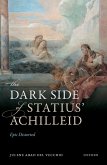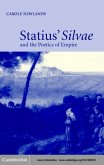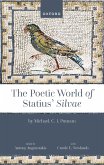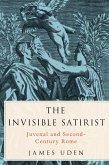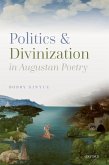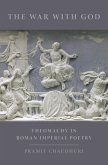In the essays of this volume, Michael Putnam shows how seriously Statius pays homage to his canonical predecessor, Virgil, how thoroughly he interprets the complexities of Virgilian poetry, and how he often, by placing a Virgilian reference in a different social and cultural context, boldly turns Virgil to new and more positive purposes. He focuses particularly, though not exclusively, on those Silvae which deal with the architectural world of Statius' society, the private villas, the gardens, and the imperial palace. He also writes of the Roman equivalent of the 'Grand Tour,' a young man's educational journey through the monuments of Egypt, Greece, and Asia Minor. The essays offer valuable insight into the cultural and social identity of late first-century imperial Rome. Statius' reverential but also heuristic engagement with Virgil emerges more distinctly across the interrelated essays. Putnam's collected essays display the pioneering nature of Statius' Silvae in the development of ecphrasis as an important social and literary mode in Roman poetry.
Dieser Download kann aus rechtlichen Gründen nur mit Rechnungsadresse in A, B, BG, CY, CZ, D, DK, EW, E, FIN, F, GR, HR, H, IRL, I, LT, L, LR, M, NL, PL, P, R, S, SLO, SK ausgeliefert werden.
Hinweis: Dieser Artikel kann nur an eine deutsche Lieferadresse ausgeliefert werden.



